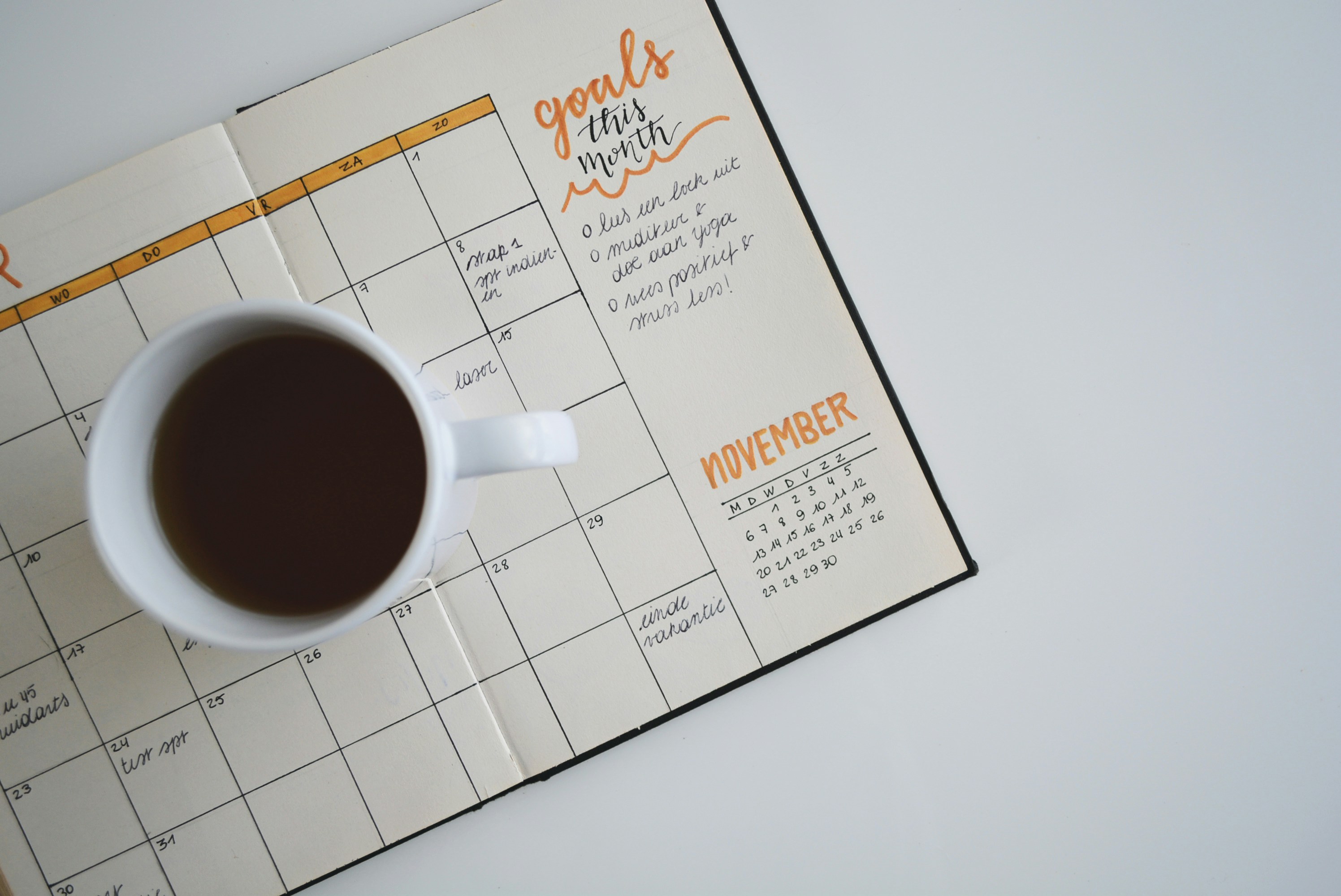Jan 18, 2024
Financial planning
Buying your first home: what you need to know

Emily Luk
CPA, CFA - CEO and Cofounder of Plenty
Ah, homeownership. For most, years of renting adds up. Maybe you're spending all your free time browsing real estate listings, or are simply fed up with renting and moving from place to place. Maybe you love the freedom of renting, but know you want your own place someday down the road.
However long you’ve been thinking about buying your first home, you may be wondering how the process works and whether or not buying a home is in your future.
We’re here to help you navigate where to begin, and how to understand what’s affordable or not.
Buying and owning a home increasingly feels out of reach for modern couples. And homeownership rates for millennials are falling compared to older generations.
For example, NAR’s 2023 Home Buyers and Sellers Generational Trends report found that Boomer homeowners rose from 29% to 39% while Millennials dropped from 43% to 28%.
Don’t worry though - here at Plenty, we aim to make financial decisions easier for modern couples. We bring you and your partner together on money, helping you achieve financial goals sooner including buying your first home.
Let’s walk through some things about buying your first home that are probably top of mind. We’ll cover:
Why homeownership is a smart move
Benefits of owning a home
What it takes to buy your first home
Other things to consider
Why buying a home is a financial investment
For most everyday families, your home is one of the most important investment decisions you’ll make. What’s great about it, unlike other investments, is you get an immediate, tangible benefit: your very own place to live. It’s a win-win when you can build wealth while living comfortably at the same time.
Growth. Over time, your home will likely grow in value. Let's say you put a 6% down payment (the average size for 1st time homebuyers) on a house with a $400,000 purchase price (that would be $24,000). If your home value goes up (we’ll use the 30-year historical average of 4.6%), it could be worth $418,400 after the first year (Source: Trading Economics, 2023). That means you made an initial deposit of $24,000 and gained $18,400 - a 76.7% gain on your down payment. That’s an outsized return compared to what you might make on treasuries, stocks, or bonds.
This is an example of leverage: you invest a relatively small amount of money (your down payment), take on debt strategically, and can earn an outsized return over time.

Savings discipline. In addition to the increasing value of your home, your monthly mortgage payment is a form of "forced savings." Even though you’re making “payments,” you’re paying down your own home unlike with renting when you’re paying down someone else’s mortgage.
Tax benefits. Homeownership can also offer tax deduction benefits. The payments you make on mortgage interest and property taxes may be deductible. You may also be able to write off certain investments in energy-saving features like solar panels.
Other benefits of owning a home
Stability and security. Owning a home provides a sense of stability and security. You won't have to worry about moving every time your landlord increases the rent anymore. And you can finally get all of your stuff into one place and grow roots.
Community. There's something special about walking down the street and greeting your neighbors by name. When you own your home, you feel more invested in your community. It's hard to put a price on a sense of belonging.
Flexibility and control. As a homeowner, you can make your home truly yours. You can customize it to your heart's content with new paint colors or wallpaper, upgraded fixtures, custom carpeting, and landscaping without worrying about a landlord's approval.
You’ll also have way more options if you want to get a pet. And you'll have the option to rent out or sell your property if your circumstances change in the future.
How do you actually buy a house?
When you're ready to buy a home, you’ll most likely want to apply for a mortgage. Even if you can afford to buy the house with cash, a mortgage provides certain protections, like diversifying your investments.
How do mortgages work?
When you get a mortgage to buy a home, you borrow money from a lender (usually a bank) and agree to pay off that loan with interest over a period of several years.
Before applying for a mortgage, you’ll want to have enough money saved up for a down payment. A down payment is simply the cash you pay upfront to a mortgage lender, which goes toward the total purchase price of your home.
Lenders have varying requirements for down payments, which typically range between 5-20% of a home’s purchase price. The average down payment for first time homebuyers is around 6% of the purchase price.
Before you can get approved for a mortgage, an underwriter will review your application on behalf of the lender. They'll evaluate whether they think you'll be able to pay back the mortgage in full. Sometimes they may ask for additional information before deciding to approve or reject your application.
How do you qualify for a loan?
When reviewing your application, the underwriter will look at information like:
Your credit score and history
Your income and employment history
Your debt to income ratio
Your savings and other assets
The size of your down payment
If your first mortgage application isn't approved, don't be discouraged. You can try other lenders, who may have fewer or more lenient requirements.
You can also take a step back to focus on improving your credit score and saving more money for a larger down payment before trying again. Here’s an example of how impactful an increase in your credit score can be for saving you a lot of money over time.
Let’s say your credit score is 630 and your best available loan is a 30-year $300,000 fixed mortgage at an interest rate of 7.46%. You decide to wait and improve your finances until you bump up your score to 730. That increase of 100 points on your credit score now gets you approved for a 30-year $300,000 fixed mortgage at a lower rate of 6.09%.
That lower interest rate saves you $273 a month, which over three decades is close to $100K in savings (Source: CNBC, 2023).
So even though credit scores aren't that exciting to think about, now you can see how making little fixes and good financial decisions pays off in the long run. Small wins can really add up.
Is pre-approval for a mortgage necessary?
In the early stages of your home buying process, you may choose to get pre-qualified for a mortgage. It’s not required to get pre-approval, and can be time consuming, but it can make any offers you submit on a home more attractive than other non-cash offers that are not pre-approved.
What is a pre-approval exactly? It simply means you can apply to get approved for a mortgage before you’ve found a home you want to buy. A lender will go through an underwriting process and if everything checks out, they will give you a pre-approval letter outlining up to how much you are qualified to borrow.
Pre-approval example
If your home purchase budget is between $450,000-$500,000 you could apply for pre-approval on a $500,000 mortgage (the upper limit on your budget). If you find a home that costs $480,000, then your actual mortgage amount would be revised down to $480,000.
Be aware that once you are pre-approved for a mortgage, a clock starts ticking (usually 30-90 days). Within that time window your goal will be to find a home you want, get a seller to accept your offer, close escrow, and lock in your mortgage with the home’s final price.
If the pre-approval expires before you get a seller to accept your offer, however, you’ll have to start the pre-approval process all over again, likely at a different interest rate. Thankfully, the process shouldn't be as arduous since you already know your lender and they have your basic information already.
Things to consider before buying a house
Before you take the plunge, it's important to make sure you're ready to make the move – both financially and emotionally. From a financial perspective, we recommend you also consider maintenance costs and PMI in addition to your down payment and monthly mortgage amount.
Maintenance costs: As a homeowner, it’s important to have enough room in your budget if something breaks. This might mean adding more savings into your emergency fund goal to cover the cost of things like a broken water heater or cracked foundation.
PMI: If your down payment is less than 20% of the purchase price, you’ll also need to pay something called private mortgage insurance, or PMI. PMI is usually 0.5% to 2% of your monthly mortgage payment. After you've paid off enough of the mortgage that you have at least 20% equity in the house, you can apply for approval to stop paying PMI every month.
As much as buying a house can be a smart financial decision, it can also be an emotional one. Here are some more things to think about to make sure you’re ready.
Staying put: To make the most of your investment, you'll ideally want to continue owning your first home for a few years. If you're used to the excitement of moving every year or so, this might be an adjustment for you.
Lifestyle: Does your new neighborhood feel like a good fit? Apart from investing in a neighborhood where your property value can grow, you'll want to make sure it's the kind of place you can live in for quite some time. If you plan to have kids, research the local school system. You may also want to learn about the area’s demographics, culture, nightlife, walkability, and politics.
How to start saving for your down payment
With Plenty, saving for your down payment is simple and easy. When you set up your home down payment goal, we’ll walk you through key financial considerations and make a recommendation for your unique situation.
We do the research and number crunching so you don’t have to:
We use up-to-date Zillow data for the latest house prices by size, and by city.
We show you what your down payment could be, and give you the ability to add in closing costs to the amount.
Finally, you’ll have a total down payment target and the date you can reach it – all on a flexible weekly savings plan that works for you.
Remember, regular contributions add up faster than you think, especially if you’re doing it with a partner. And Plenty’s Direct Indexing investing portfolios are designed to help you earn more money, faster.
With hard work and smart planning, owning a home is within reach with Plenty. Keep your sights set on your goal, prioritize what matters most, and remember that every step forward counts. You’ll be settling in your new home before you know it.
Start your free trial with Plenty today.
-Team Plenty
AUTHOR

Emily Luk
CPA, CFA - CEO and Cofounder of Plenty
Emily is the ceo and cofounder of Plenty. Started by a husband and wife team, Plenty is a wealth platform built for modern couples to invest and plan towards their future, together. Previously, she was VP of Strategy and Operations at Even (acquired by Walmart/One) and a founding team member of Stripe's Growth and Finance & Strategy teams. She began her career as a VC, and was one of the youngest nationally to complete her CPA, CA and CFA designations.
More
Financial planning
THIS SITE IS FOR INFORMATIONAL PURPOSES ONLY AND SHOULD NOT BE RELIED UPON AS INVESTMENT ADVICE. This site/application has been prepared by Plenty and is not intended to be (and may not be relied on in any manner as) legal, tax, investment, accounting or other advice or as an offer to sell or a solicitation of an offer to buy any securities of any investment product or any investment advisory service. The information contained in this site/application is superseded by, and is qualified in its entirety by, such offering materials. This site/application may contain proprietary, trade-secret, confidential and commercially sensitive information.









































